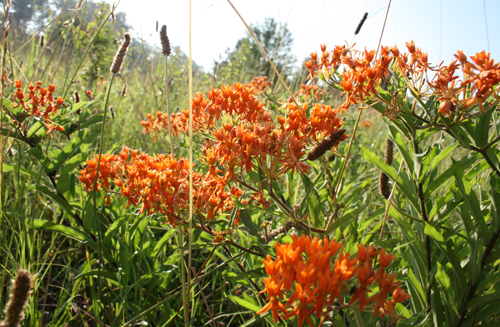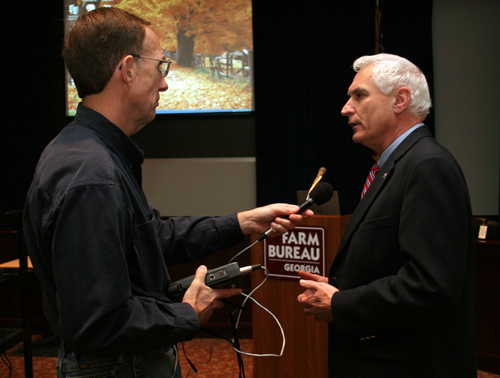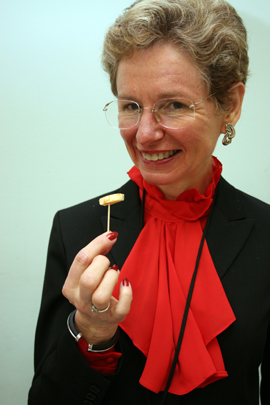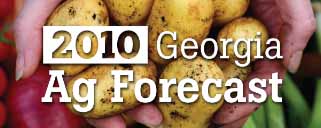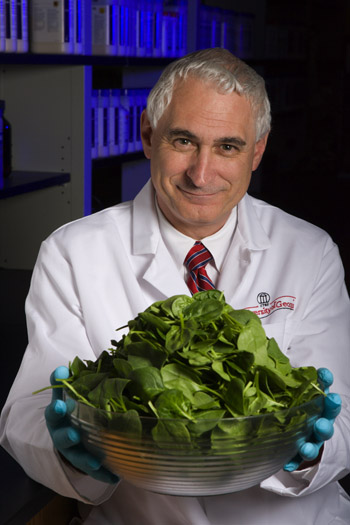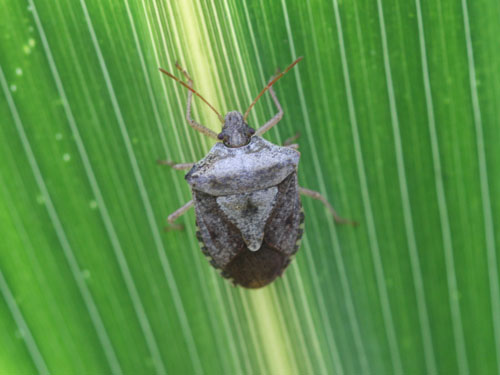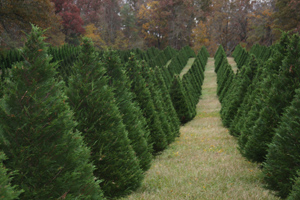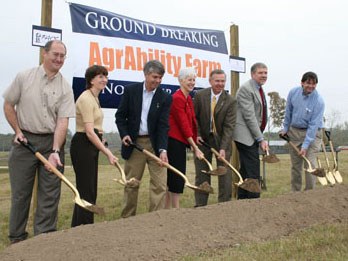Organic alternatives
There is nothing quite like the taste and freshness of homegrown vegetables. While growing them in the South can be a challenge – thanks to weeds, disease and insects – many of us prefer a more simplistic, environmentally-friendly approach to growing our veggies.

